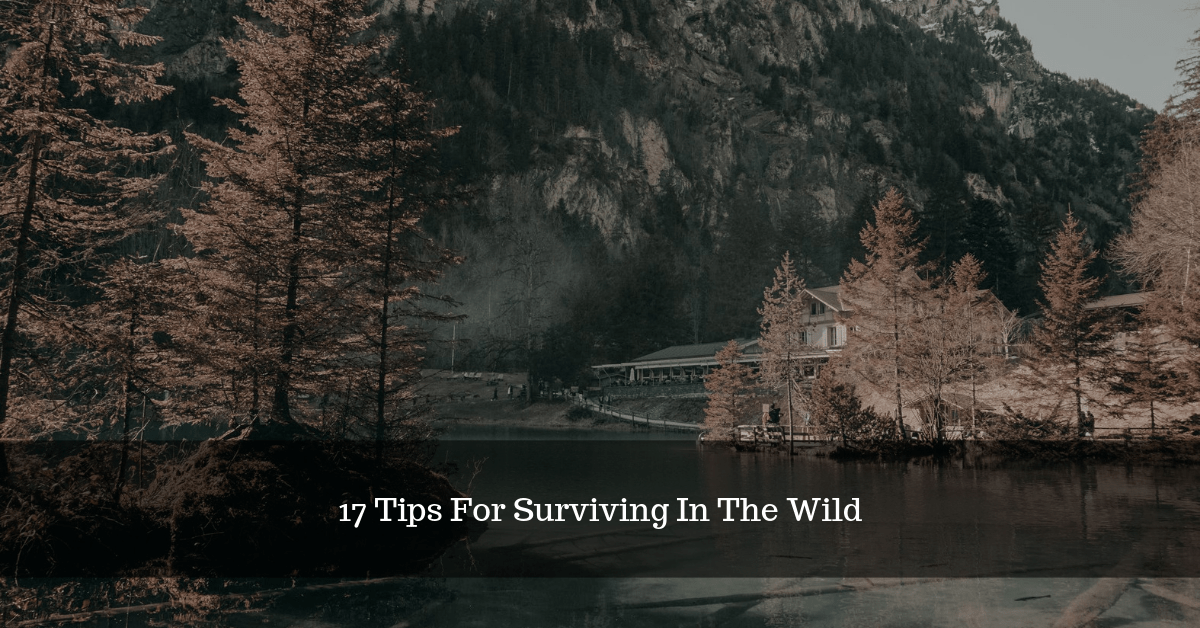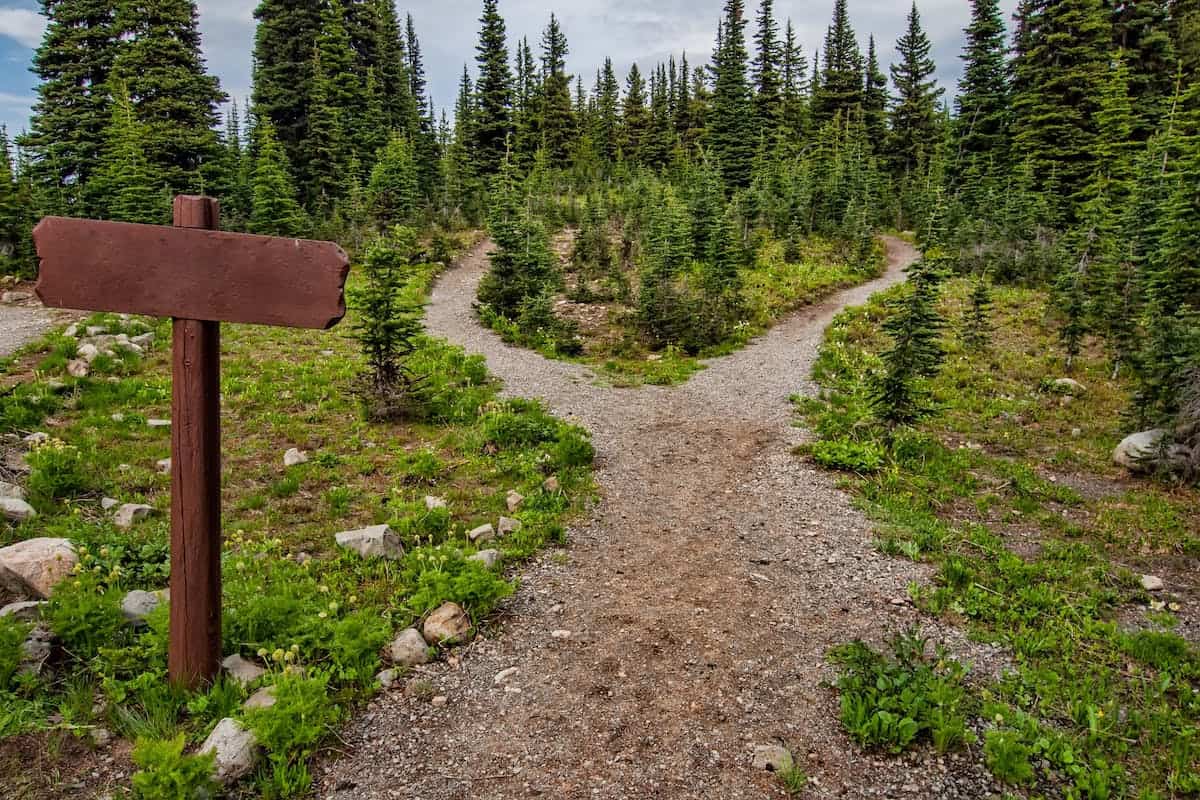How well you can survive in the wilderness will directly depend on your knowledge and resources. It could literally turn into a matter of life or death.
So, adequate preparation is the key in getting yourself out of a tricky situation in the wild. Here are 7 common mistakes to avoid in order to survive the wilderness
7) Lack of Shelter
Basically, there are two mistakes that could potentially cost lives in a survival situation in the wild. The first aspect is the lack of proper shelter, and the second stems from a lack of knowledge to create shelter given the tools that Mother Nature surrounds you with. Exposure can take your life.
6) No Navigation Tools
People who explore the wilderness without the proper navigational tools such as a compass, GPS, or a basic map are setting themselves up for failure. If you’ve spent any time at all in the woods, then you know how easy it is to get off course in dense trees and foliage and start heading in the wrong direction – even for the most experienced woodsman.
5) Poor Understanding of Basic Wilderness Survival
Unfortunately, many people who end up in a precarious situation in the wild have a real lack of knowledge on how to survive and are most likely totally unprepared.
Five Key Fundamental Tips to Survive in the Wild:
• Learn how to build adequate shelter
• Learn what to eat and where to find it
• Learn how to signal for emergency help
• Learn how to find water and safely prepare it to drink
• Learn how to build and sustain a fire.
4) Underestimating Potential Risks
Most wilderness adventures start off innocently enough like hiking for the day with friends or a father/son fishing trip. But suddenly, unforeseen circumstances arise and now you are facing a life and death situation. At this point, you must plan for any unexpected surprises.
Before embarking on your trip, it’s best to take the time to go over any possible mishaps that may occur on your outing and how you intend to address them.
3) Insufficient Clothing
A good rule of thumb to follow: Always wear one extra layer of clothing than what you actually need. If you get too warm, simply throw it in your backpack or tie it around your waist.
However, there is nothing worse than leaving warm clothing behind when you’re stuck in the middle of nowhere shivering in the cold. Also, keep in mind that “cotton is rotten”. Cotton is not the ideal material to keep your body warm since it breathes. Wear clothes that keep their warmth once they become damp or wet.
2) Obtain Drinkable Water
No one can survive without water. So, a key question to always ask – “Is this water okay to drink?”
Water-based organisms like giardia and cryptosporidium can cause severe vomiting and diarrhea that can result in dehydration and limit your ability to find food, build shelter, and signal for help.
Related: How To Store Water for Long Term Emergencies
Dehydration can take your life in just a matter of days. In addition to dehydration, you’ll likely suffer from energy loss, poor judgment, and eventually the will to live. Employ various methods to purify water by either using water filters, chemical tablets or simply boiling it.
1) No Fire or Signal Plan
In order to survive in the wild, you must learn how to build a fire based on the following reasons:
• Keeps your body warm
• Protects you from predators
• A roaring fire can be spotted miles away during the night, while the smoke is evident during the day
• Fire is used to boil and purify water to make it safe for drinking
Learning how to signal for help in the case of an emergency is key in a survival situation. Typical ones include signal mirrors, loud whistles, high-beam flashlights, or fire-starting devices. Bright clothing and a portable radio are good to have on hand as well.
Incorporating these survival tactics before you begin your adventure, may be the smartest thing you ever do. Remember, adequate preparation is essential in order to survive in any unexpected wilderness situation.







